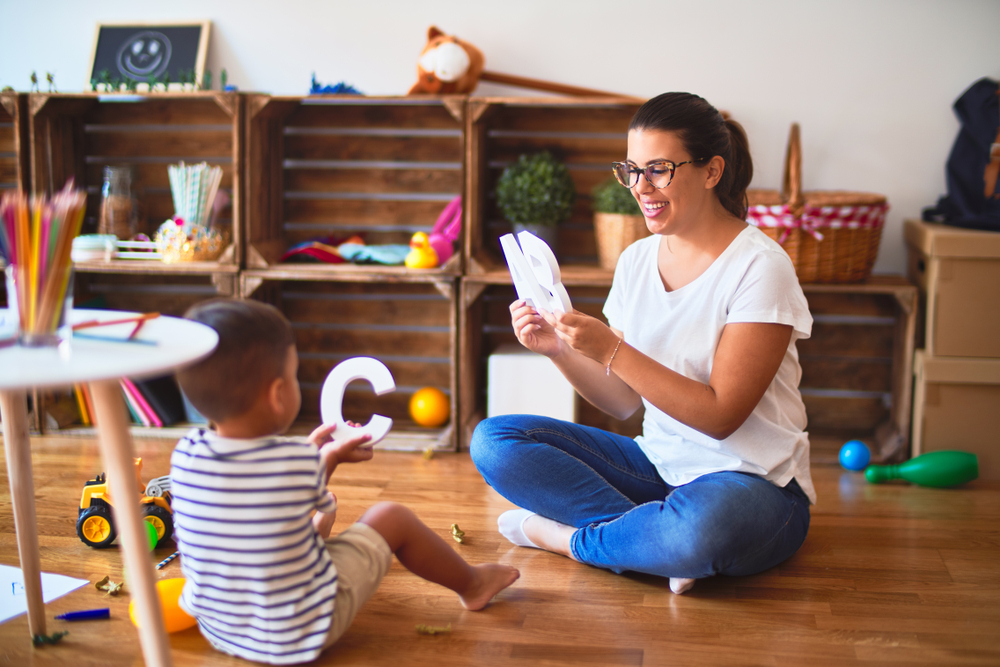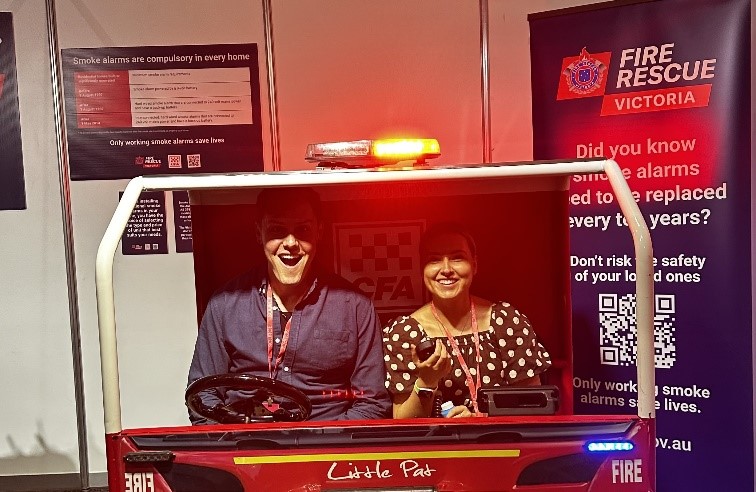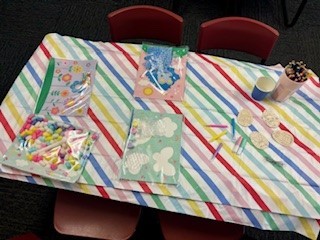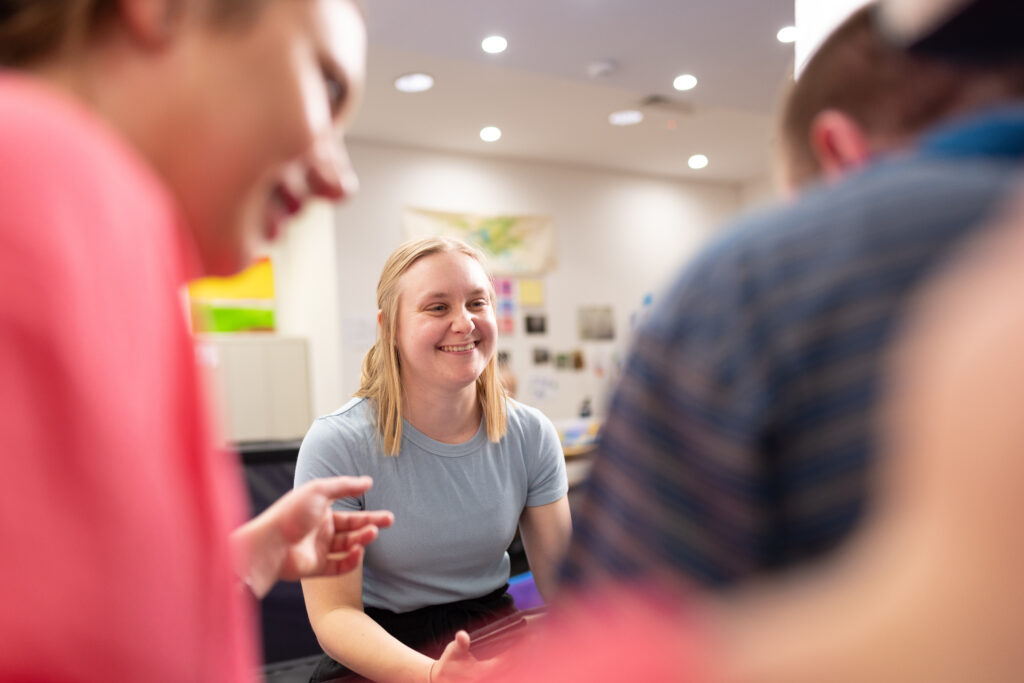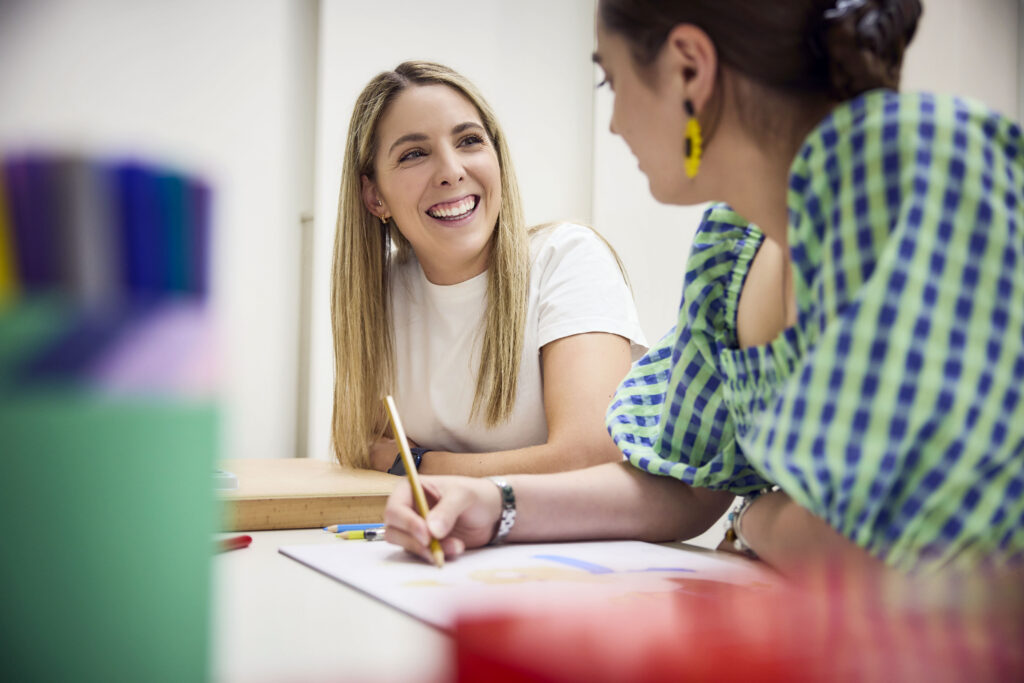The importance of early recognition and support for cerebral palsy
Recognising the early signs of cerebral palsy is an important step in accessing the right services for your child.
With tailored support and understanding, children can work towards their individual goals and enjoy meaningful participation in their daily lives.
Let’s explore how early recognition and support can help children with cerebral palsy and their families navigate their unique journey.
What is cerebral palsy?
Cerebral palsy is a condition that may affect a person’s ability to control their muscles and movement.
It occurs when the brain develops differently or is affected during the early stages of life, either before birth, during delivery, or shortly after birth.
This can influence movement, speech, coordination, and other physical abilities. Some children may also need additional support with social or learning skills.
There are many factors that might contribute to cerebral palsy, including reduced oxygen to the brain during birth, infections during pregnancy, premature birth, or severe jaundice in new-borns.
Complications during labour and delivery can also play a role.
Understanding cerebral palsy and its potential causes can help families access the services and resources that best suit their child’s needs.
Recognising early cerebral palsy symptoms in children
Recognising the signs of cerebral palsy early can provide families with guidance on how to seek support.
While each child’s experience is unique, here are some signs that families may notice during infancy or early childhood:
In infancy
- Tight or stiff muscles that affect movement
- Feeding challenges, such as difficulty sucking or swallowing
- Differences in posture or how a baby moves
- A slower pace in reaching milestones like rolling over or sitting up
In early childhood
- Delays in fine motor skills, such as holding a spoon or drawing
- Speech and language development that progresses at a different pace
- Support needed with attention, memory, or problem-solving
- Behaviours that may impact learning or social interactions
Not all children will show the same signs, and these can vary widely in how they present.
If you have concerns, a healthcare professional can help assess your child’s needs and recommend appropriate next steps.
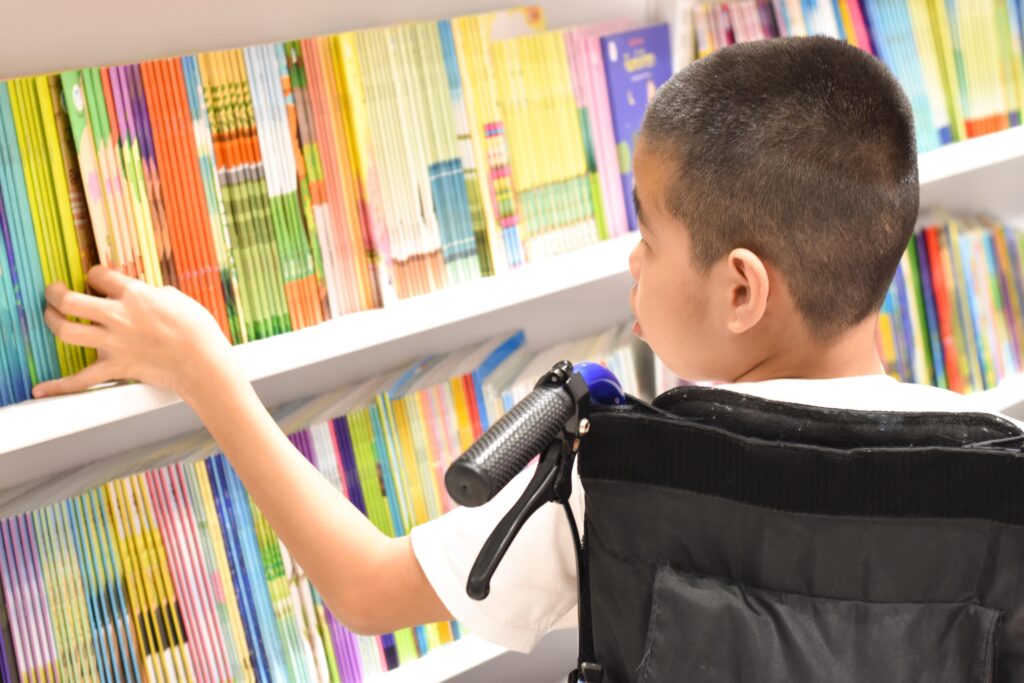
The importance of early support and services
Identifying cerebral palsy early allows families to access services that can help address their child’s unique needs.
Early support focuses on enhancing a child’s participation in everyday activities and developing skills that are meaningful to them.
Therapies that may assist in supporting children with cerebral palsy include:
- Physical therapy to encourage movement and build strength
- Occupational therapy to assist with daily tasks and independence
- Speech therapy to support communication and language development
- Assistive devices or technology to aid mobility and interaction
Starting services early can provide families with tools and strategies to support their child’s development and well-being.
Early Start Australia offers evidence-informed services tailored to each child’s abilities and goals, helping families navigate their journey with care and understanding.
Support and resources for families and caregivers
Families play an essential role in fostering a supportive environment for children with cerebral palsy.
This includes celebrating their child’s progress, exploring their abilities, and providing encouragement in daily activities.
Collaborating with healthcare professionals can offer families guidance on how to implement strategies that suit their child’s needs.
Engaging in social and community activities designed for their abilities can also help build confidence and a sense of belonging.
These efforts contribute to a positive and inclusive experience for children and their families.
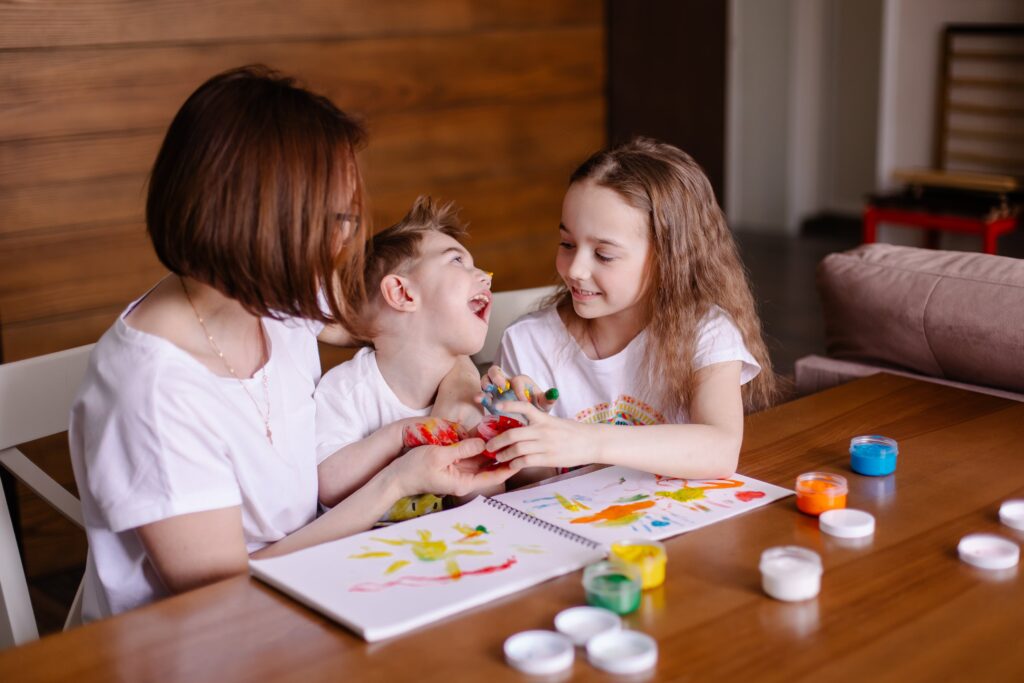
Get in touch
At Early Start Australia, we provide services and support for children with cerebral palsy and their families.
Our team offers personalised assessments and therapies to promote communication, movement, and overall well-being.
Contact us today to learn how we can work together to help your child reach their goals in a way that works best for them.



